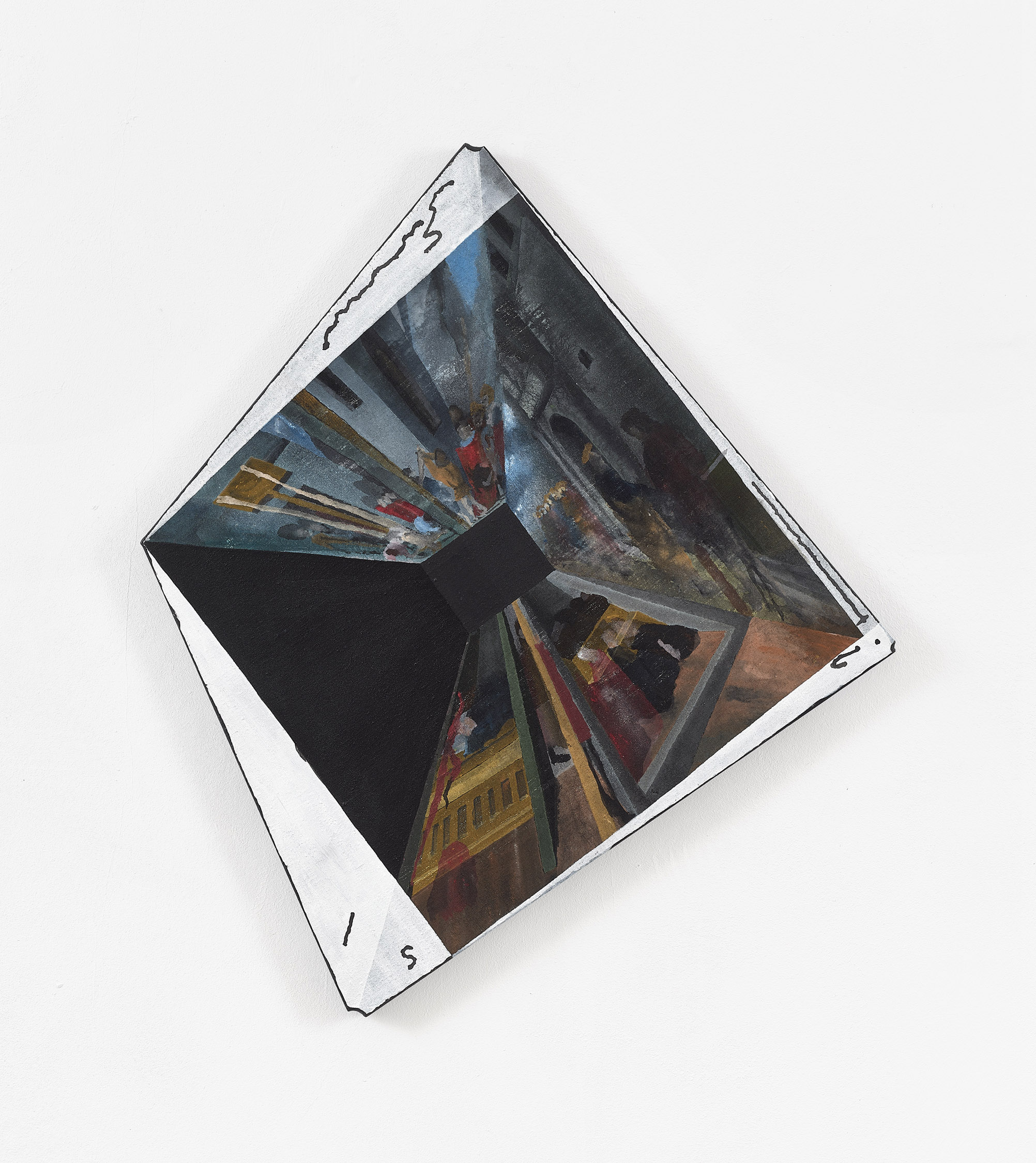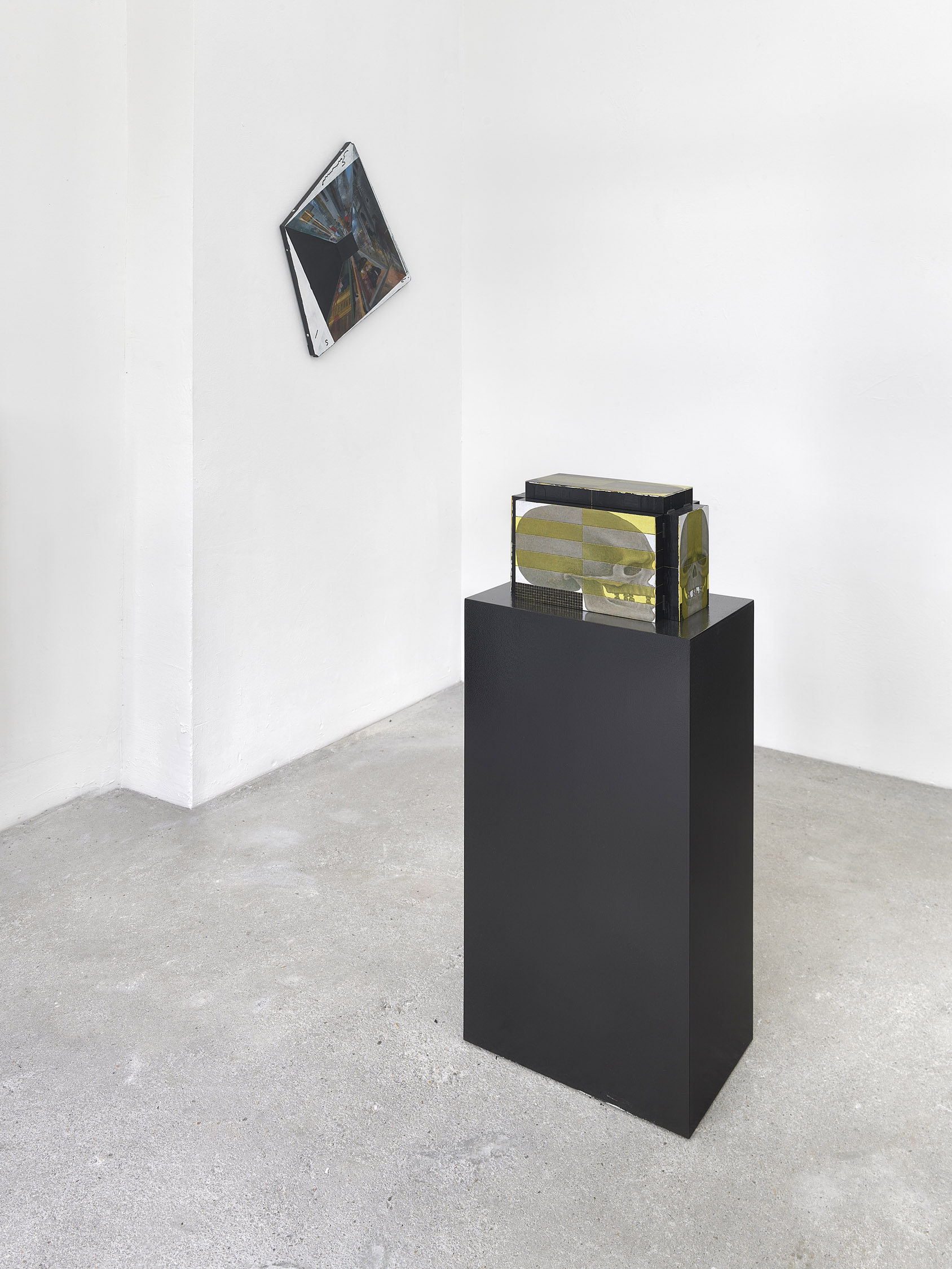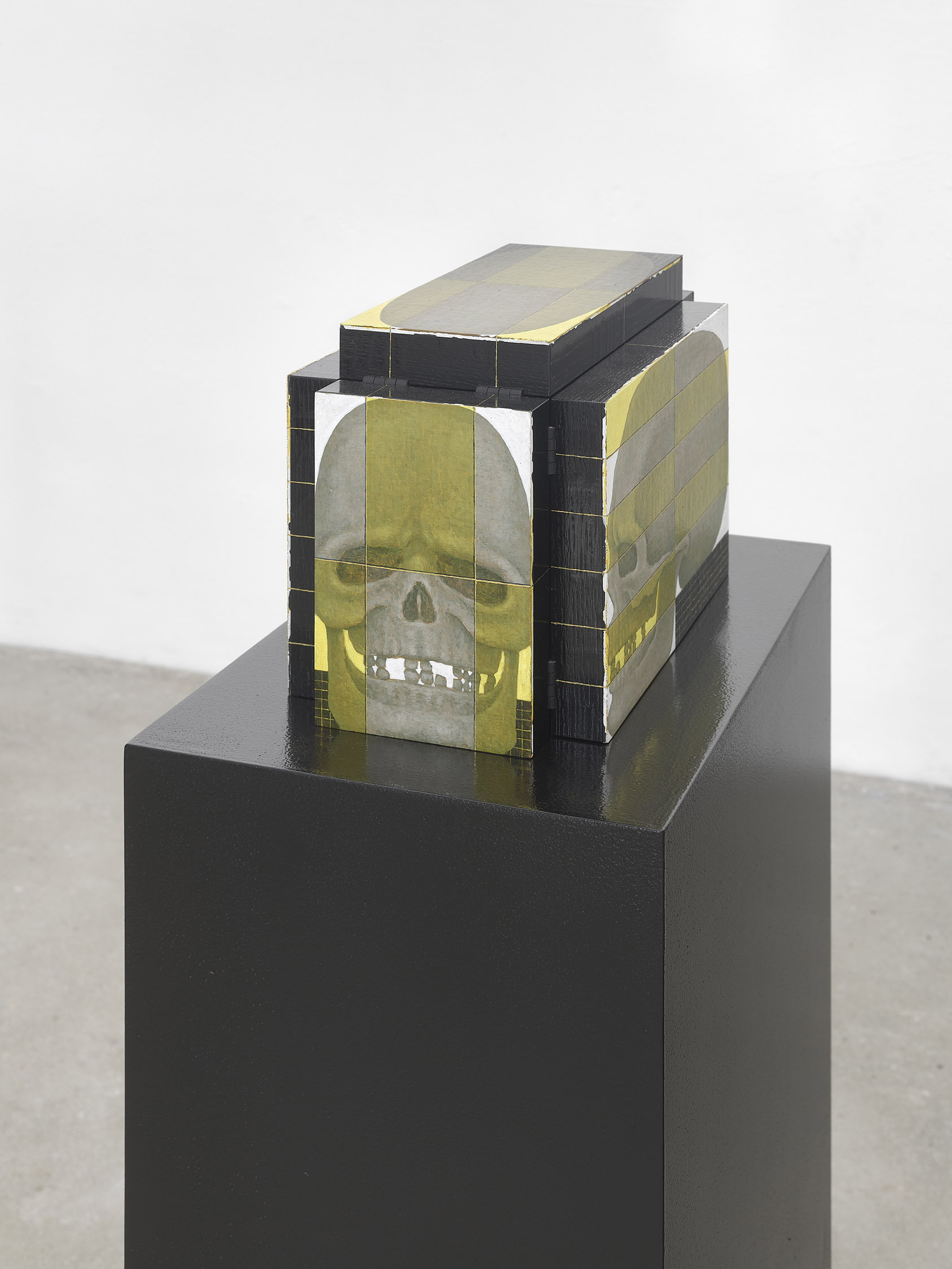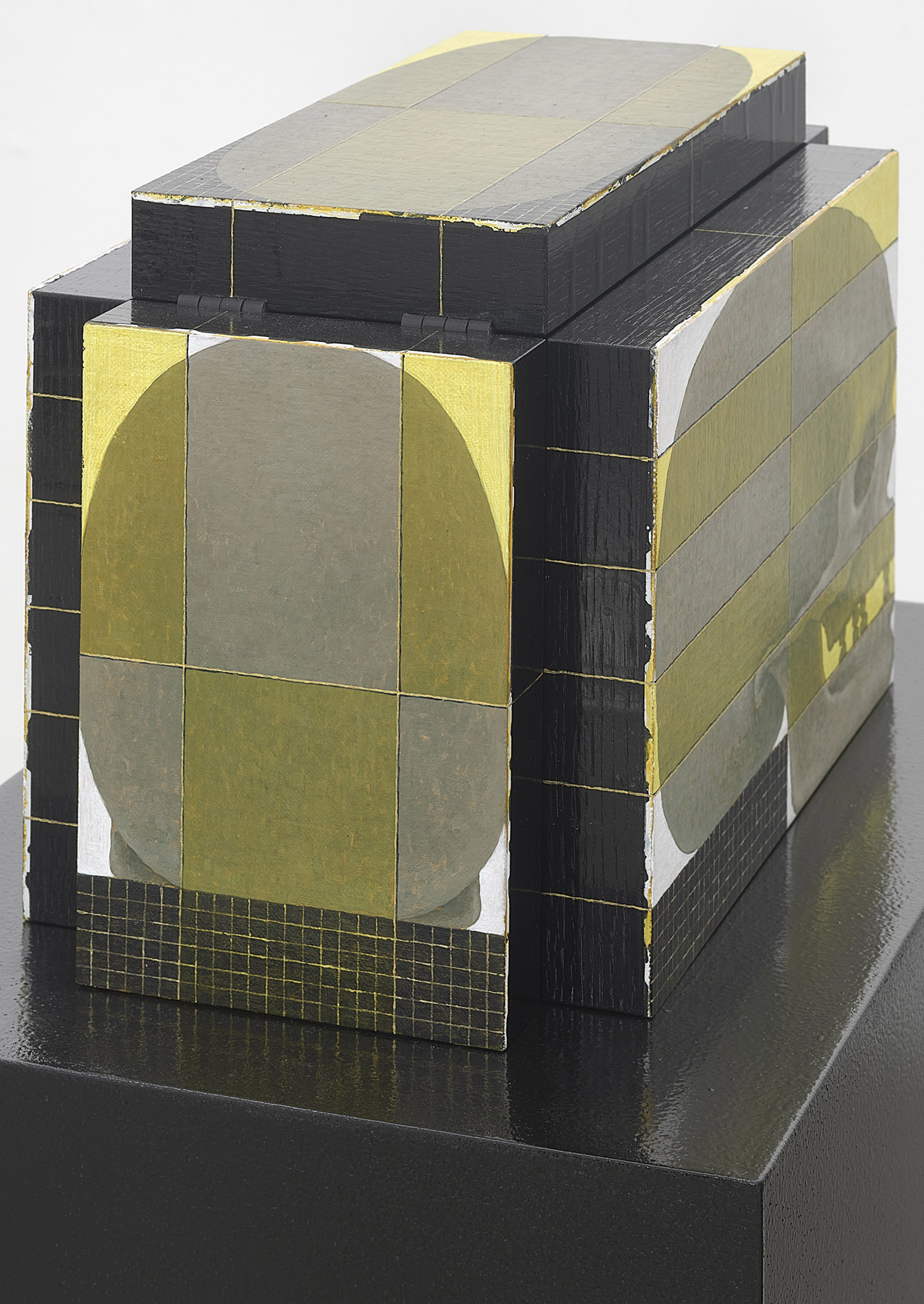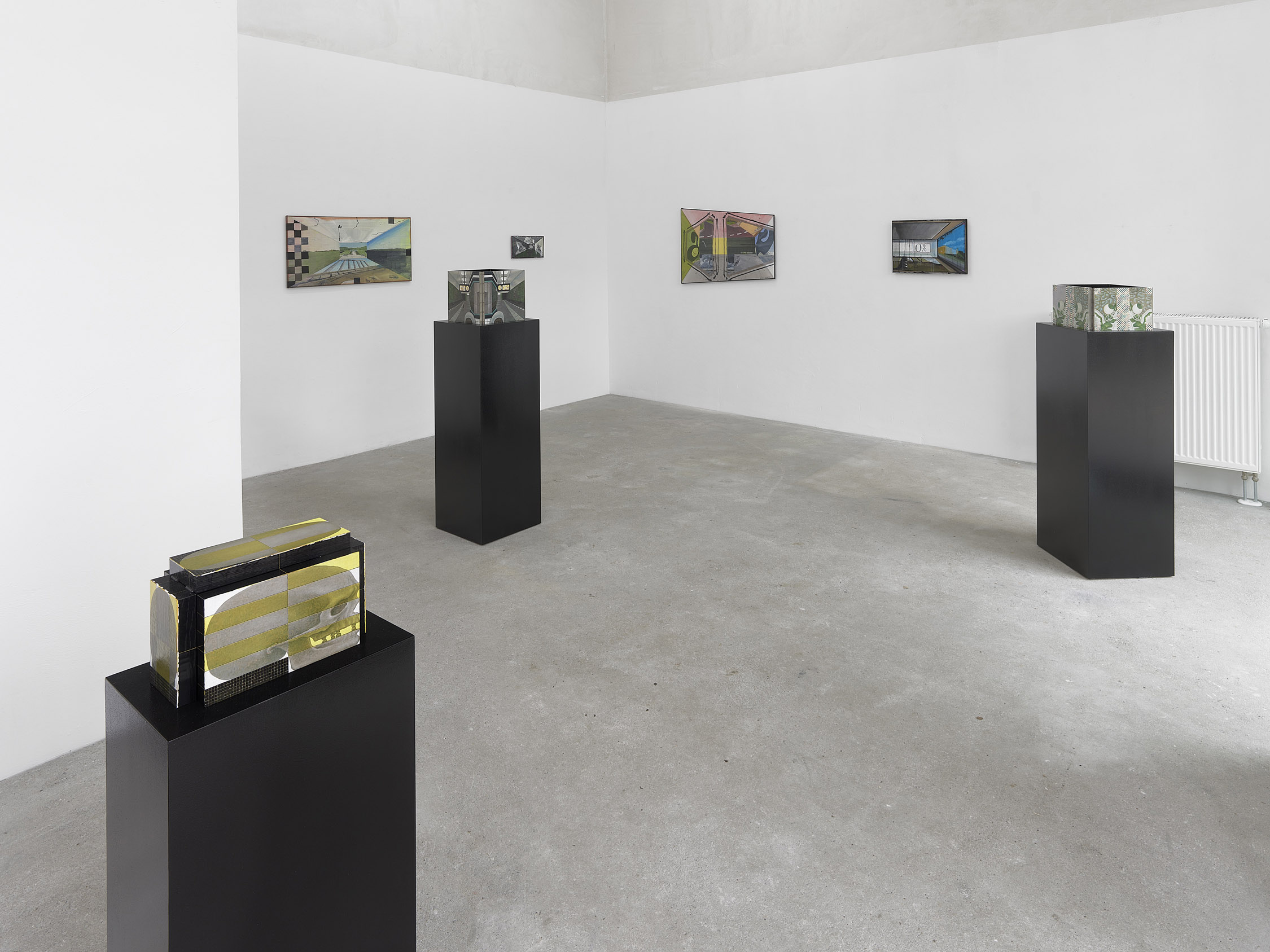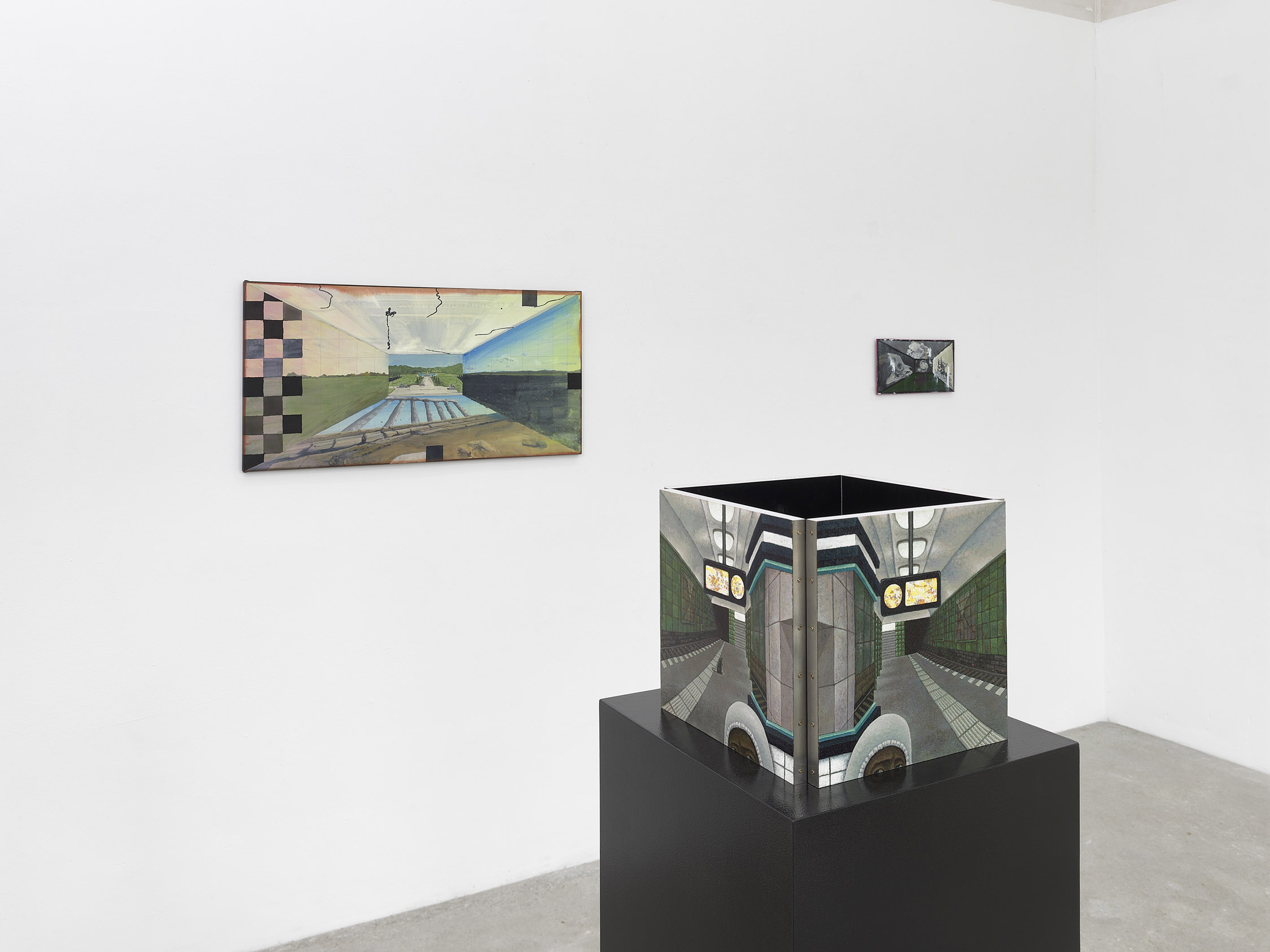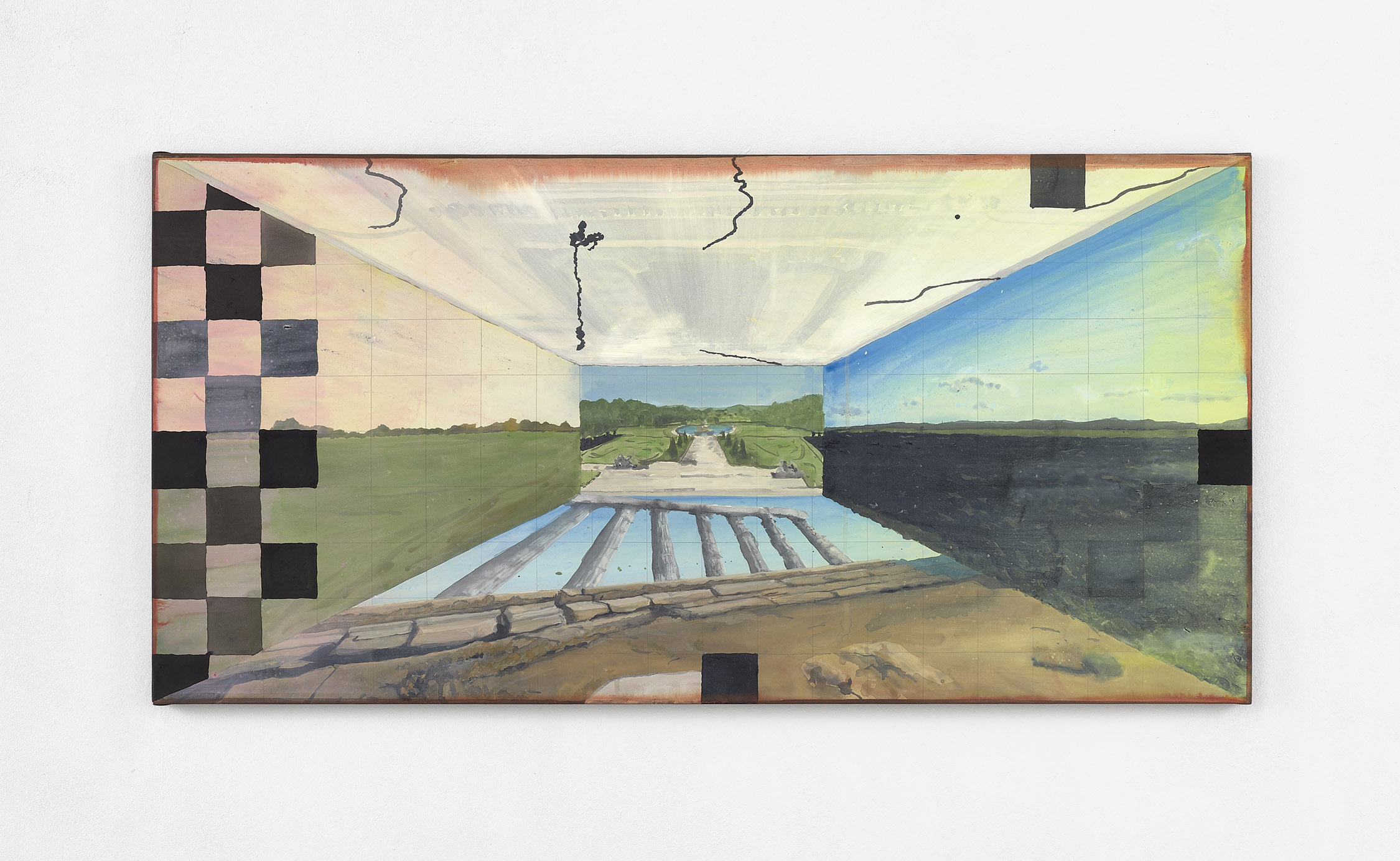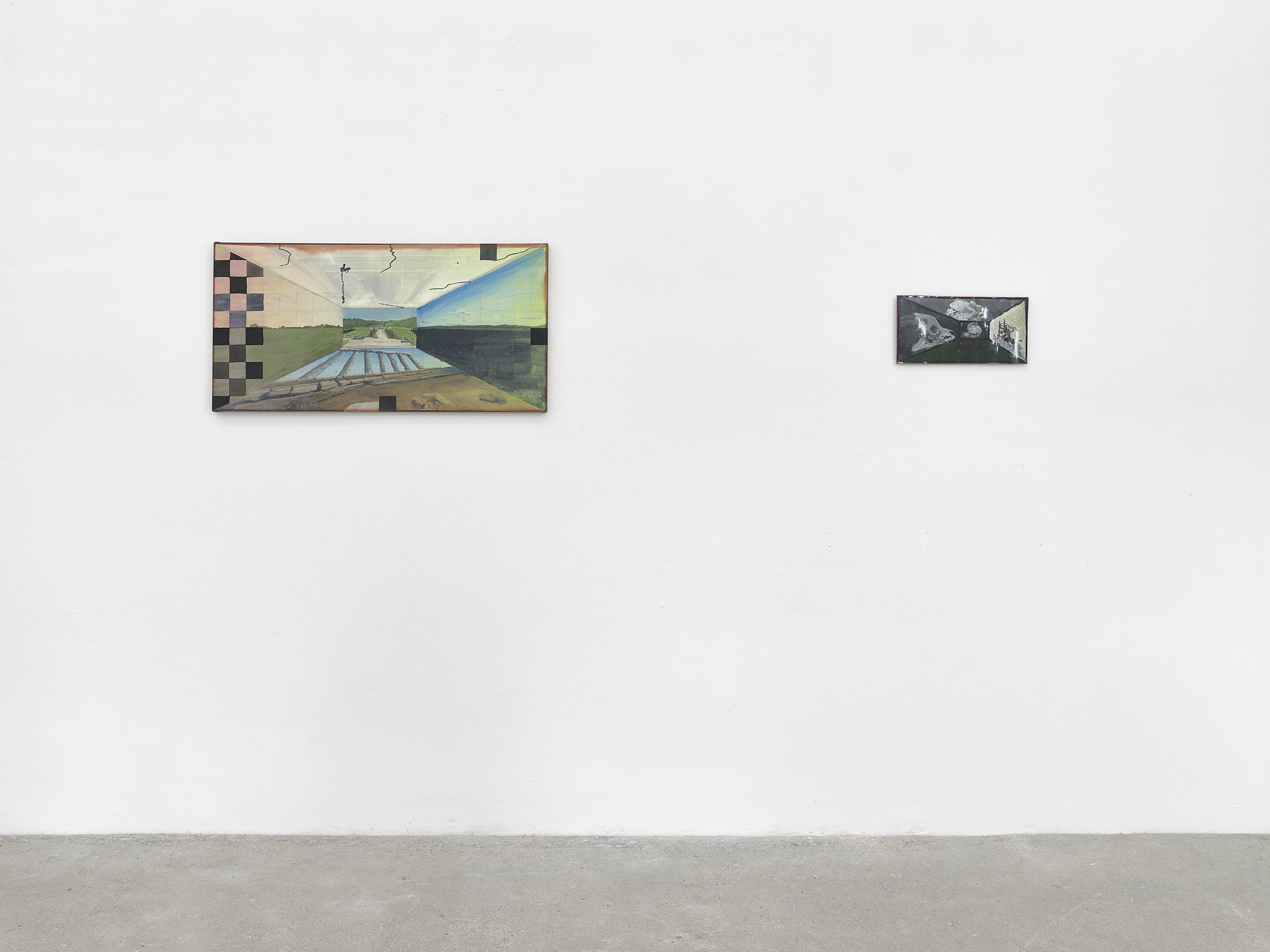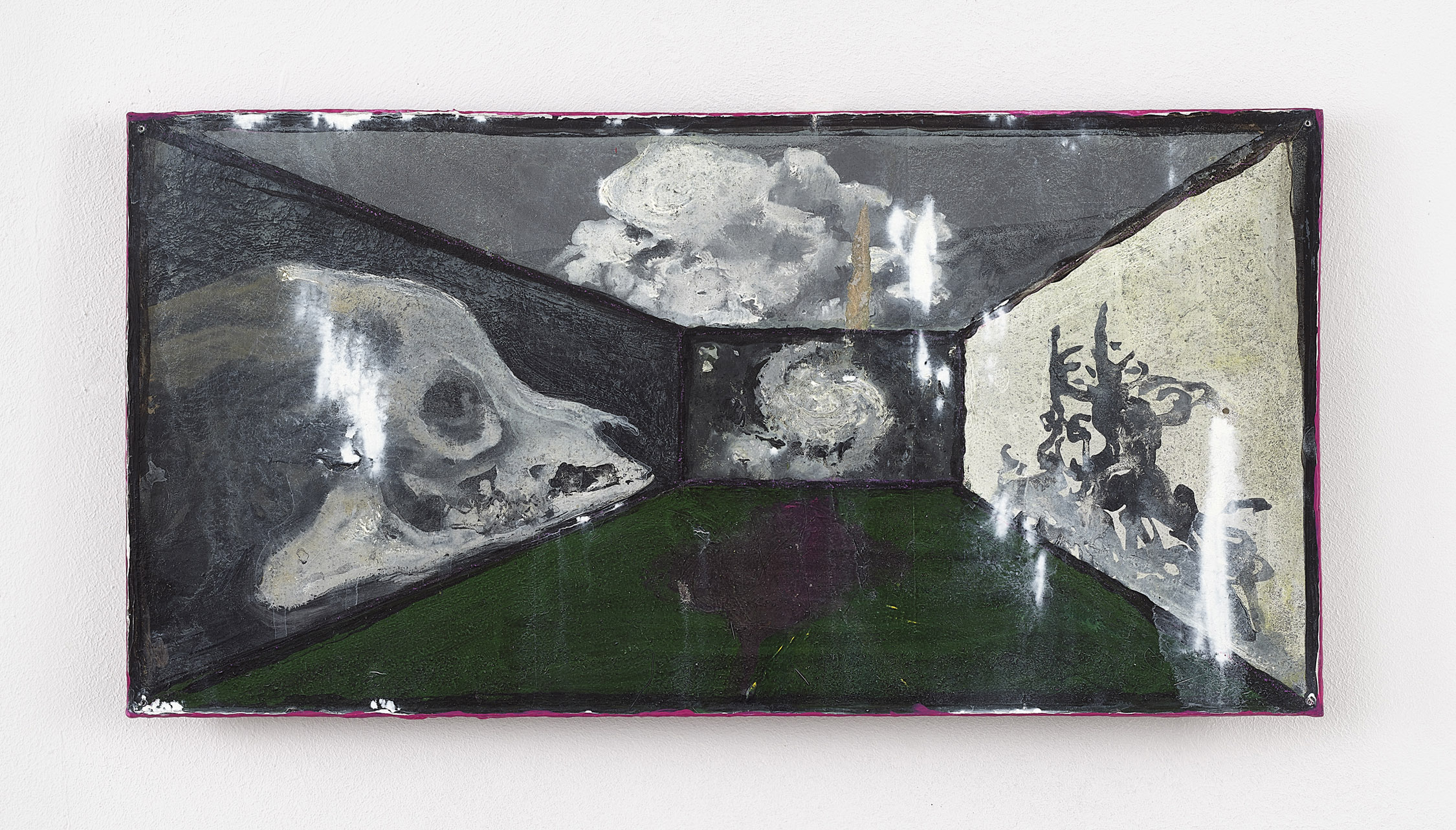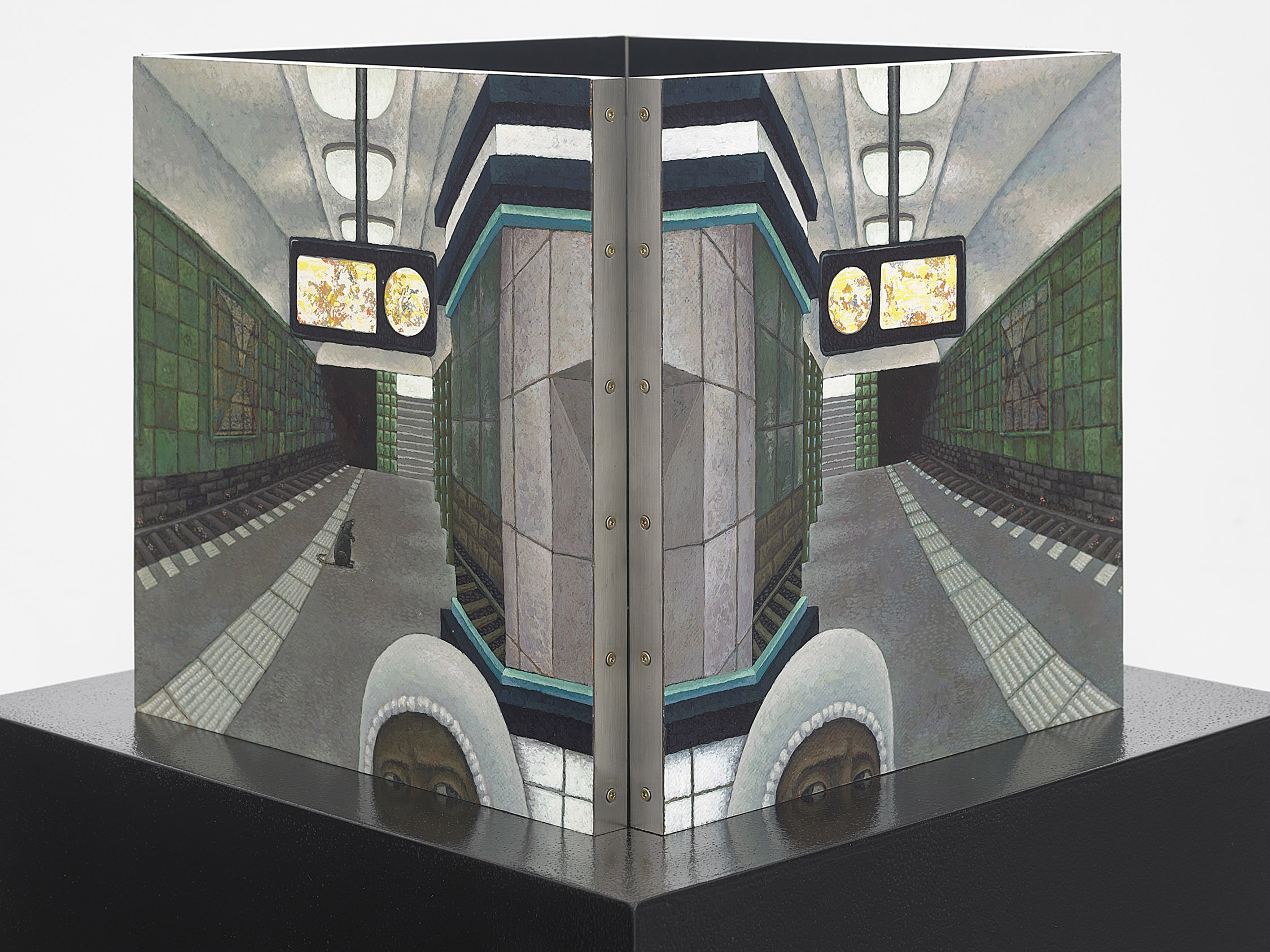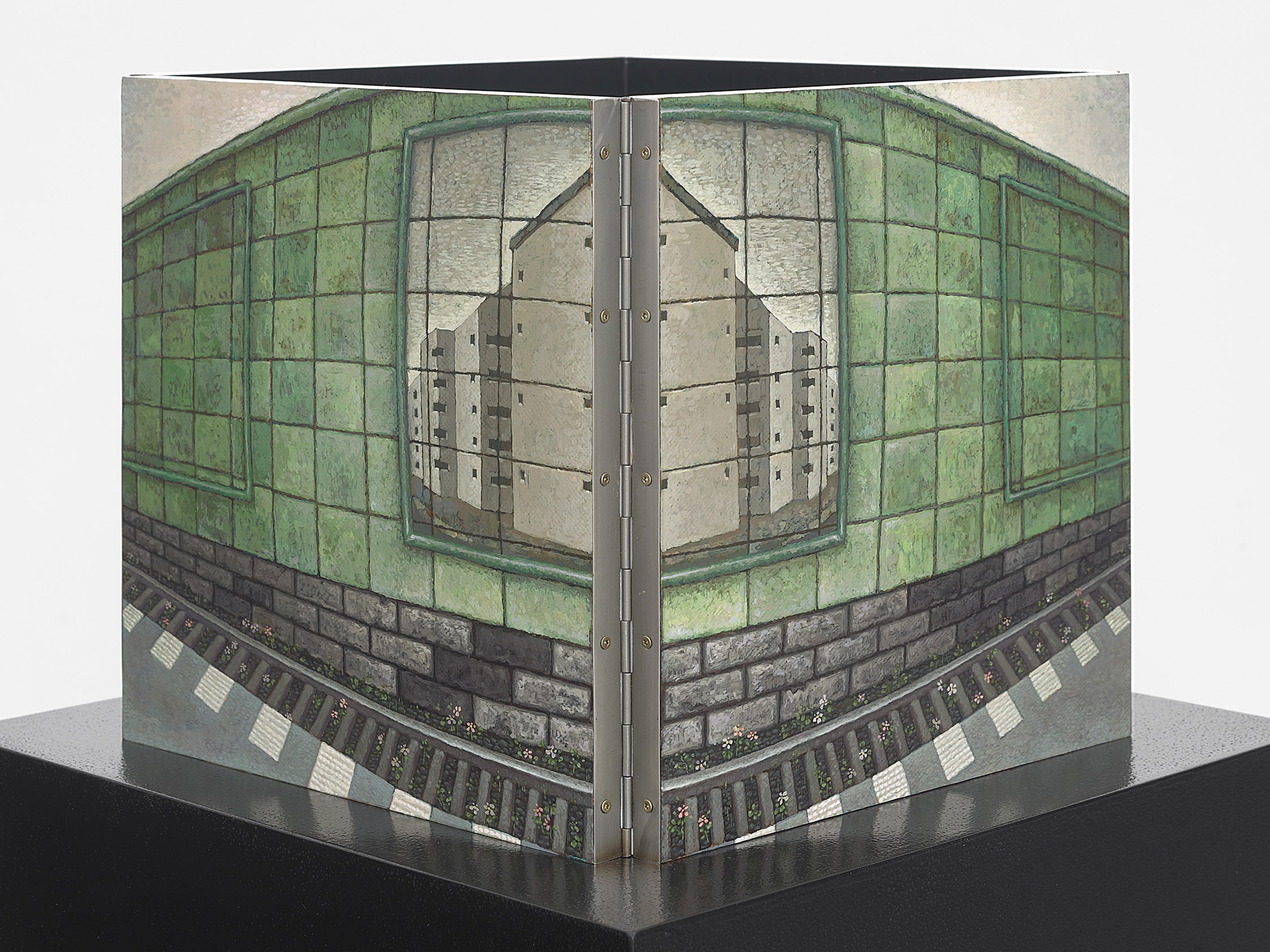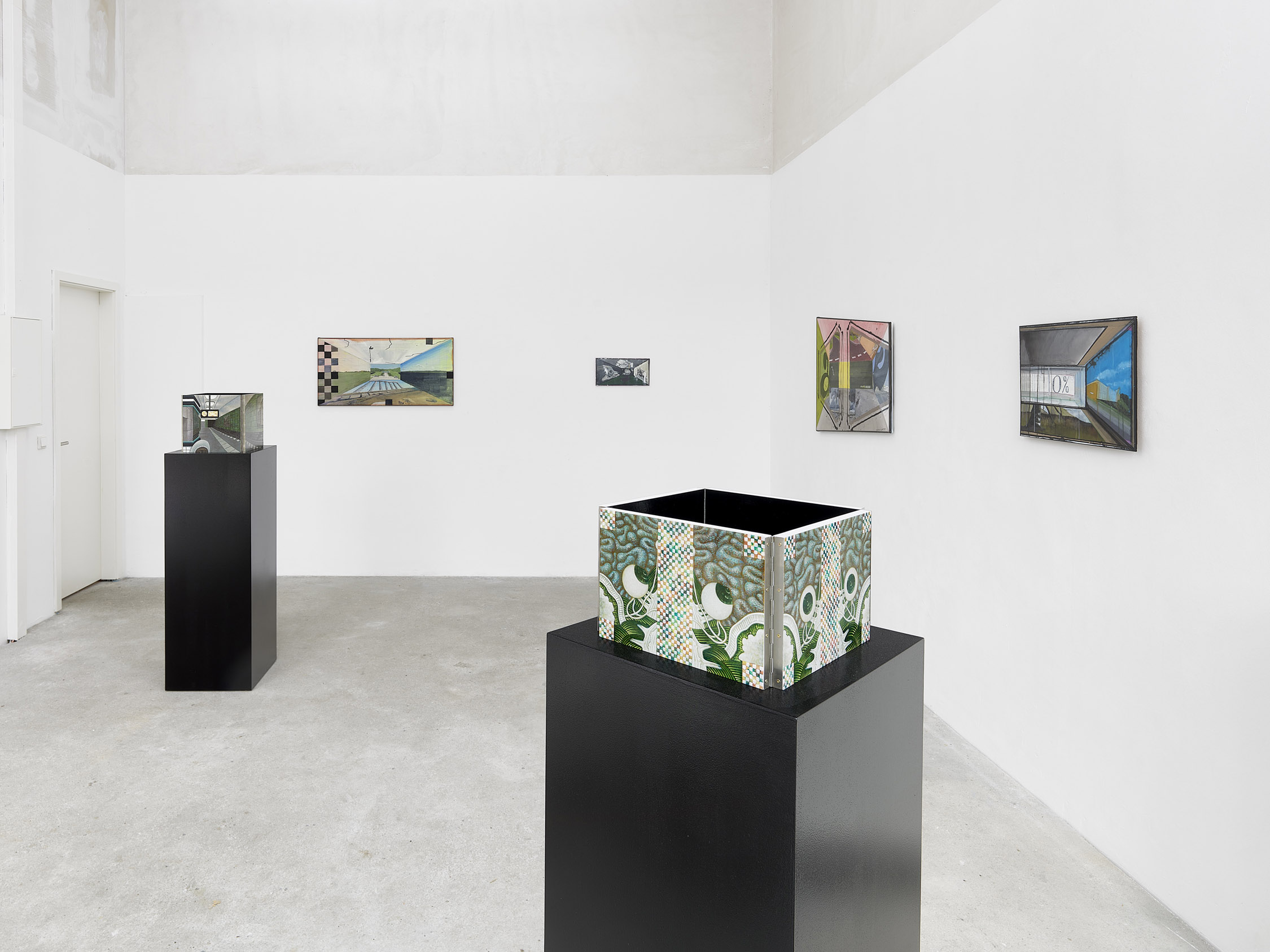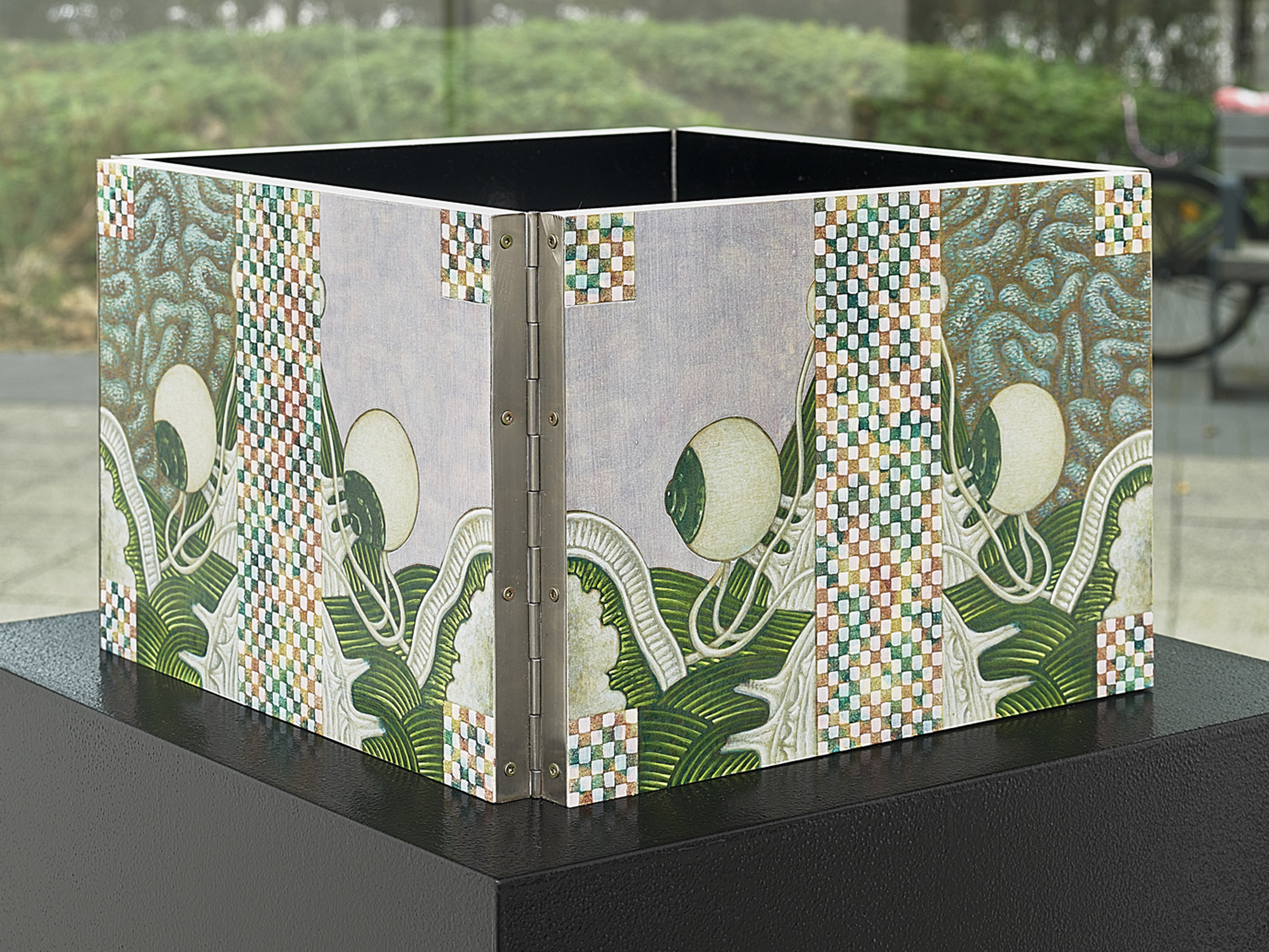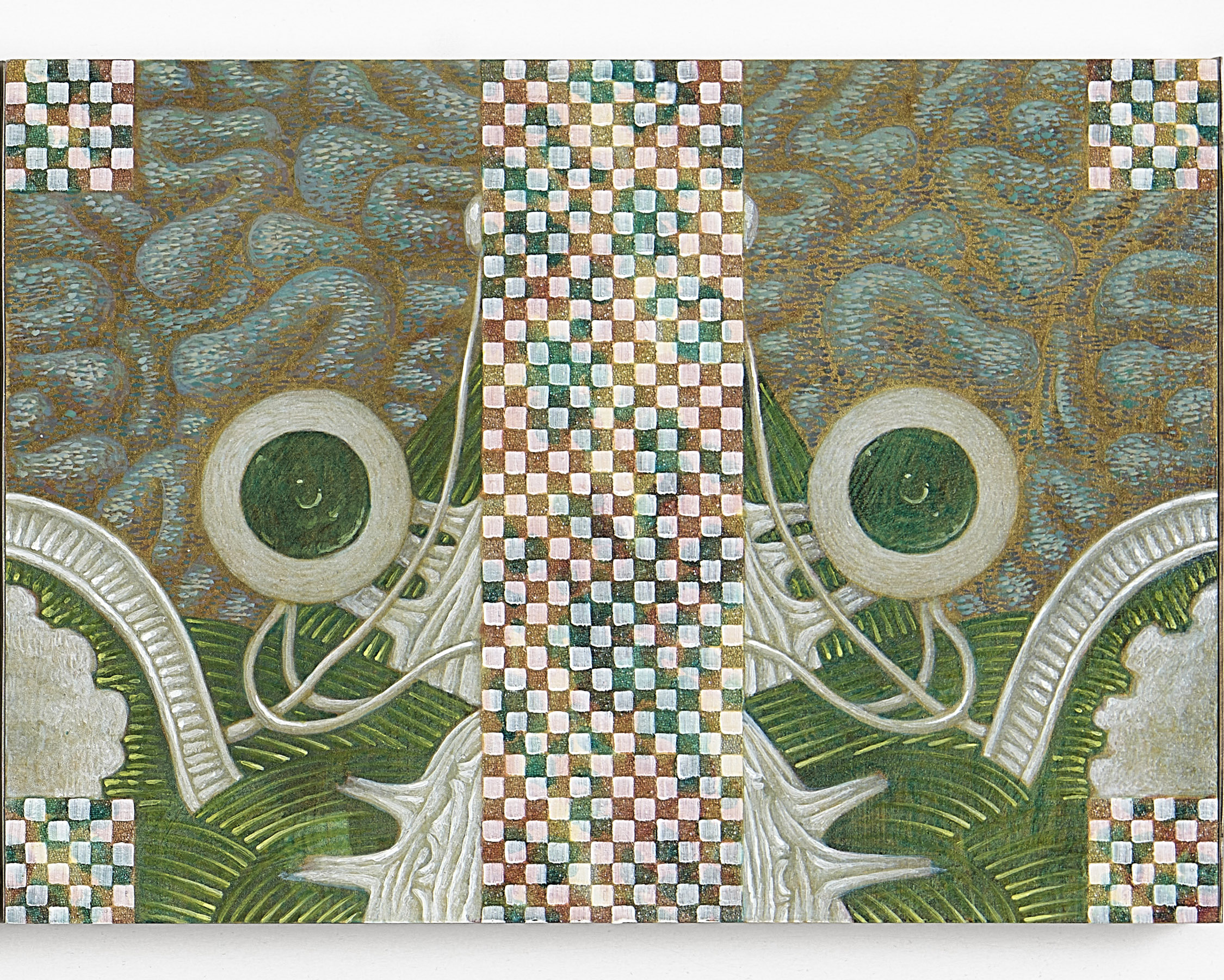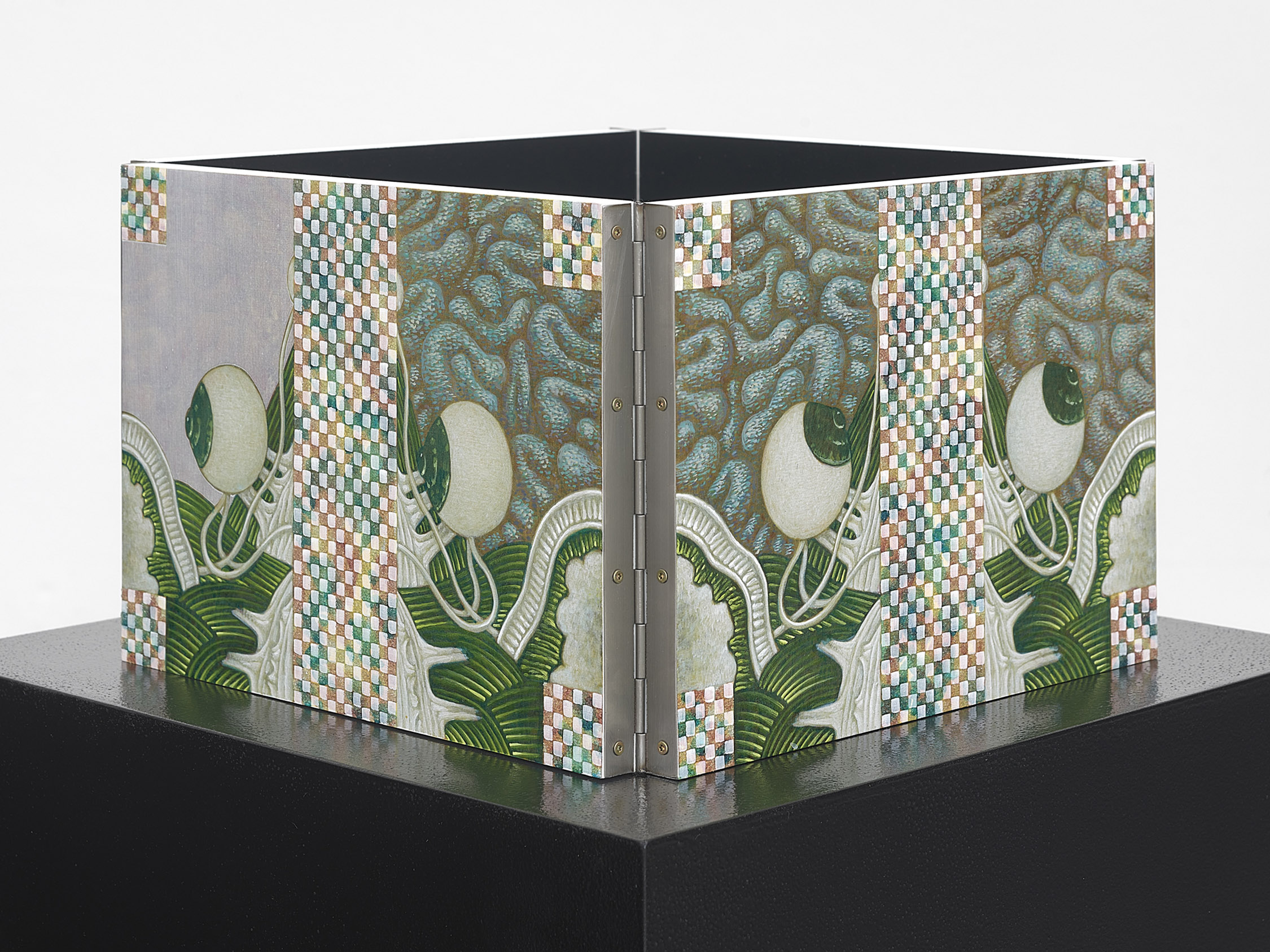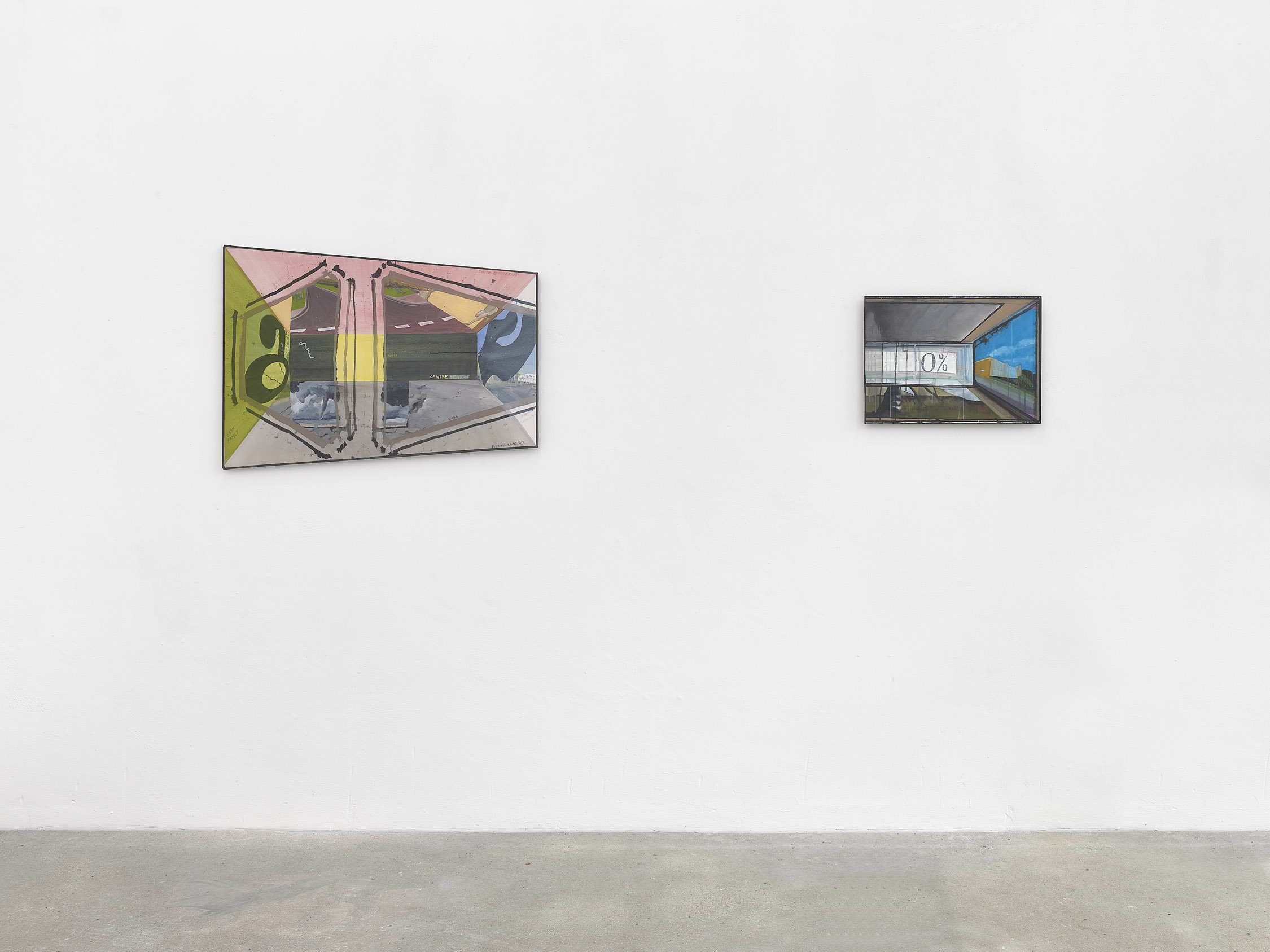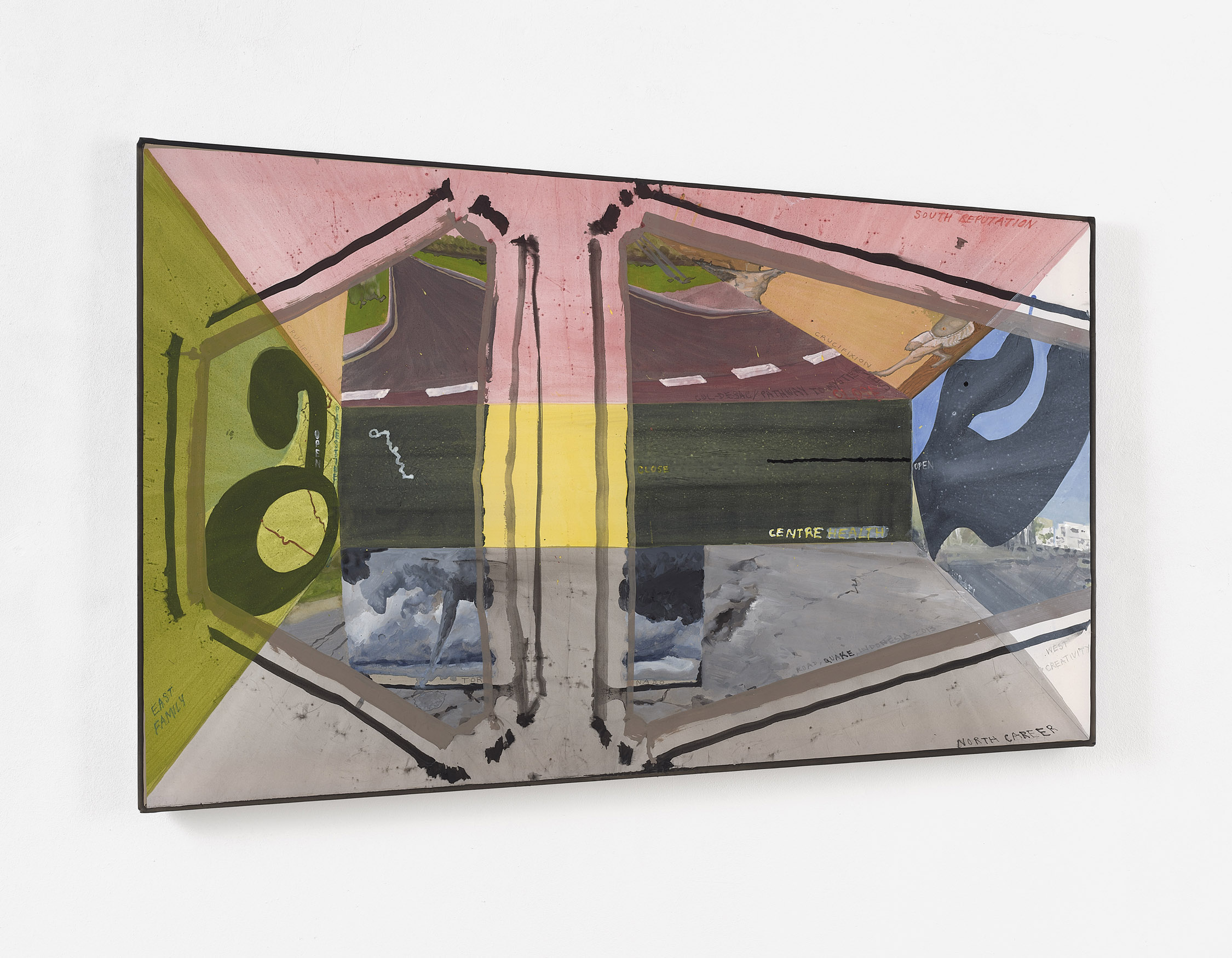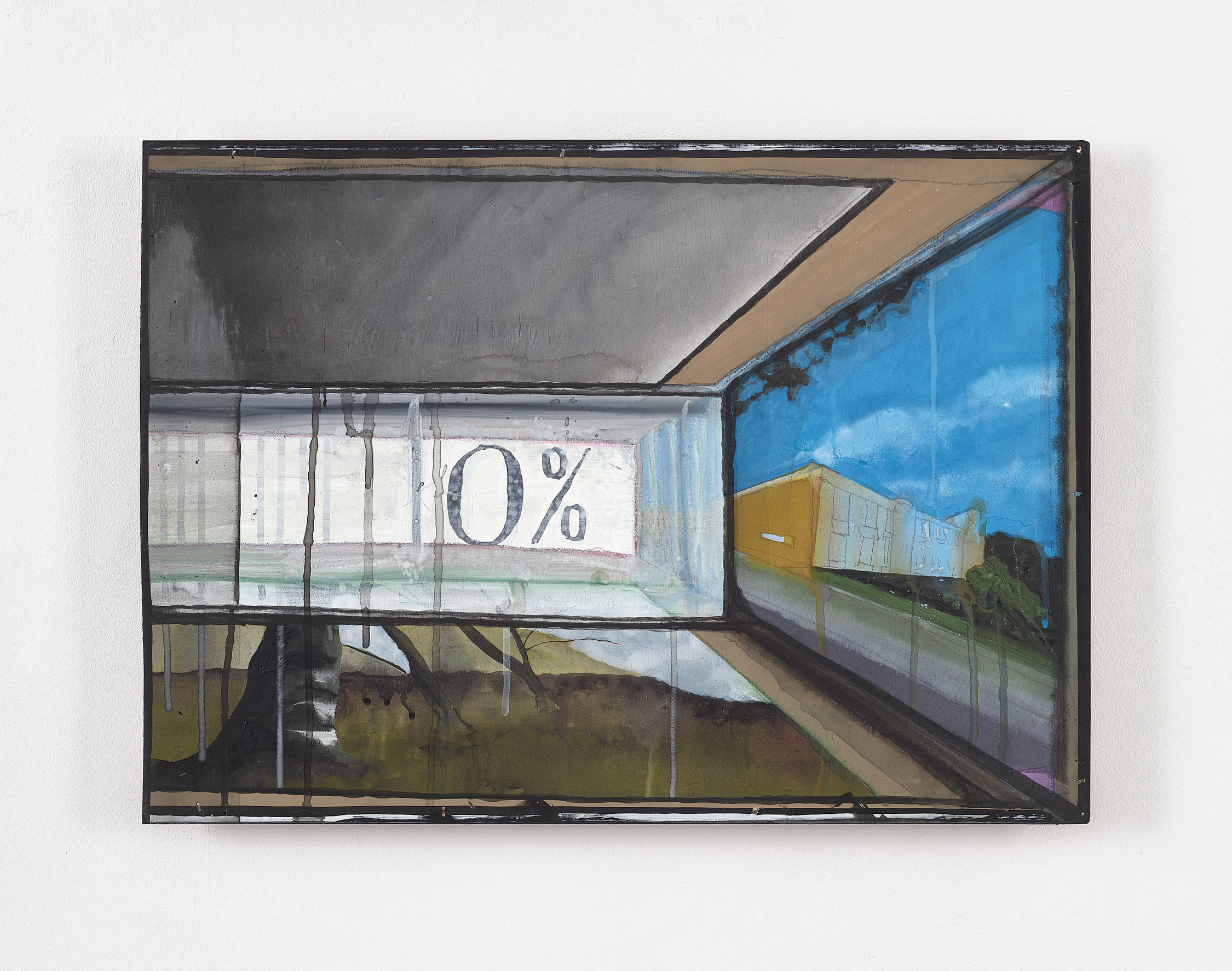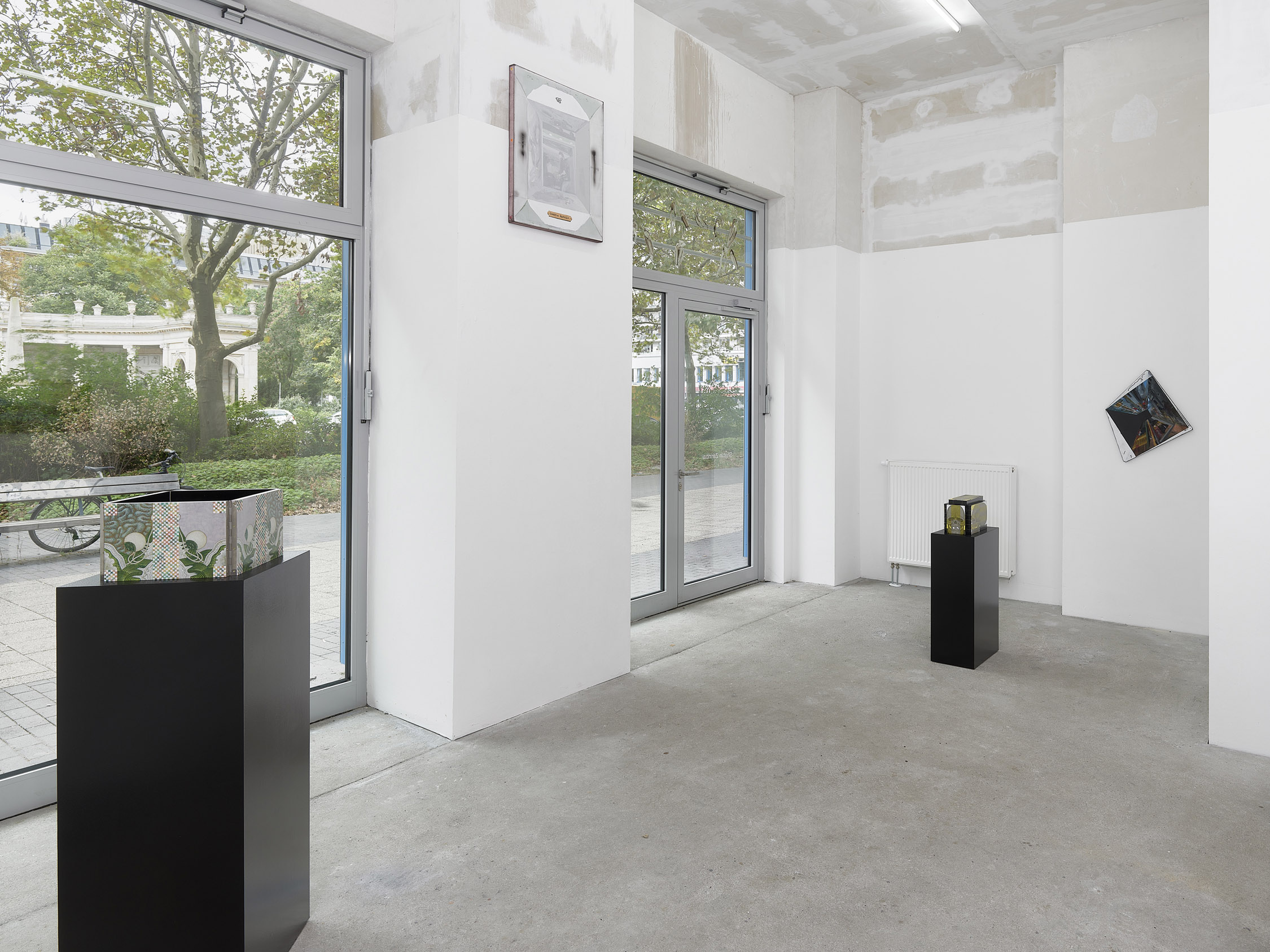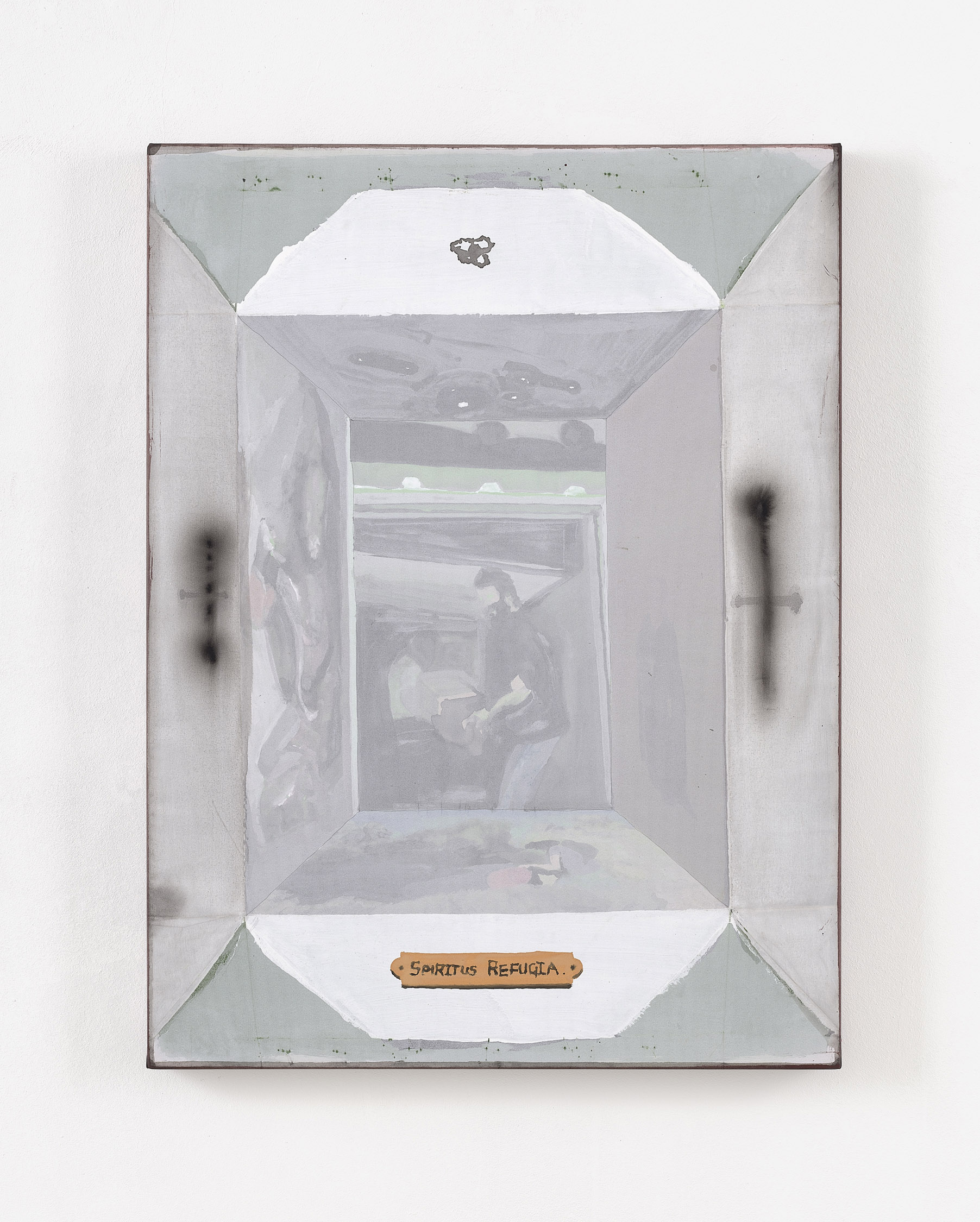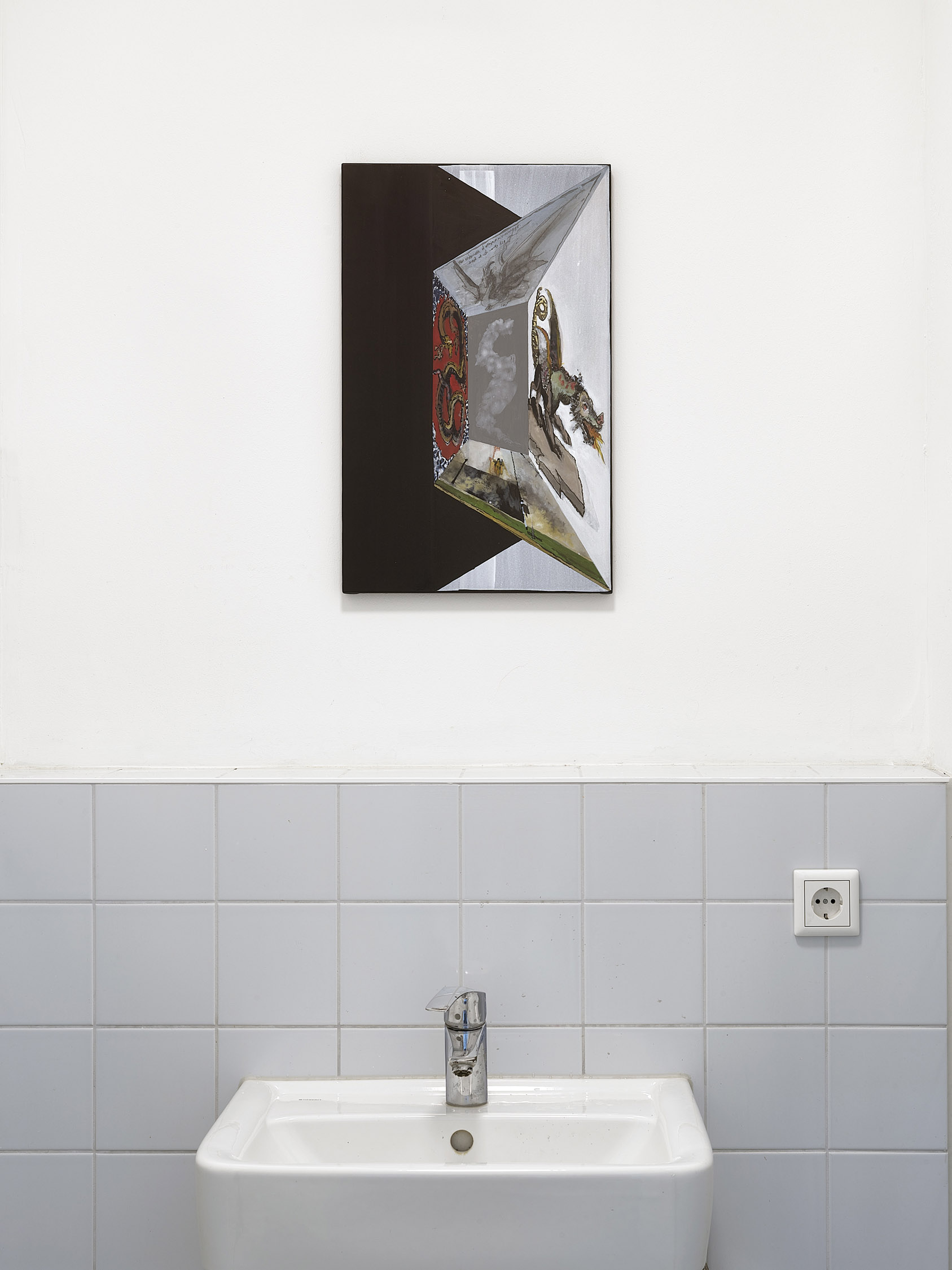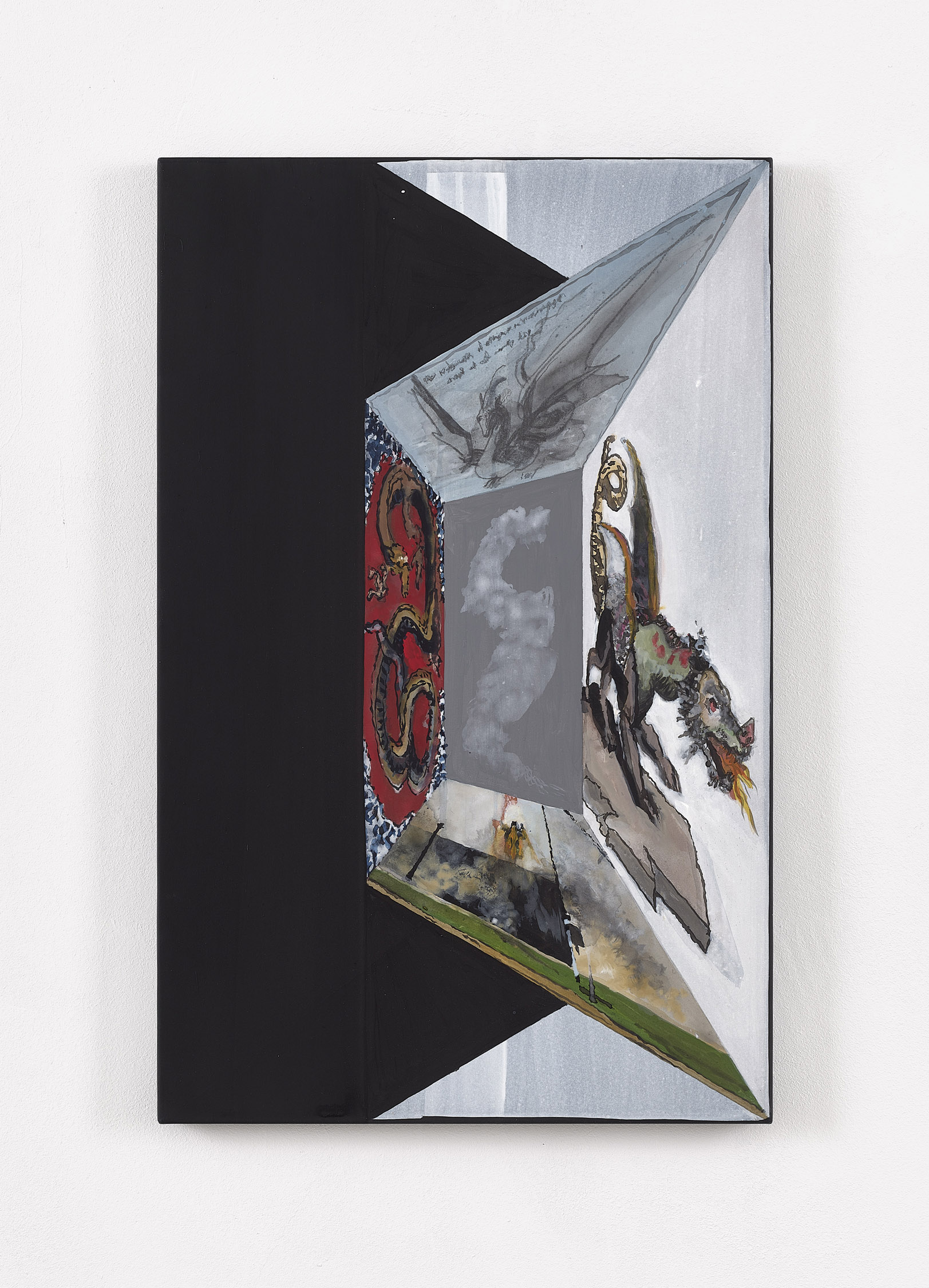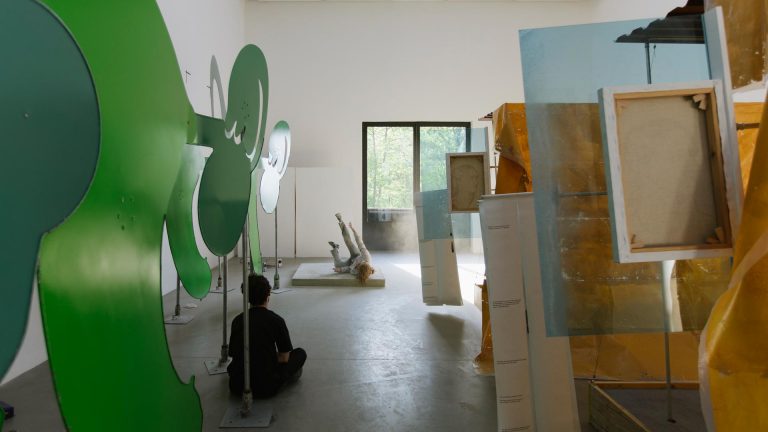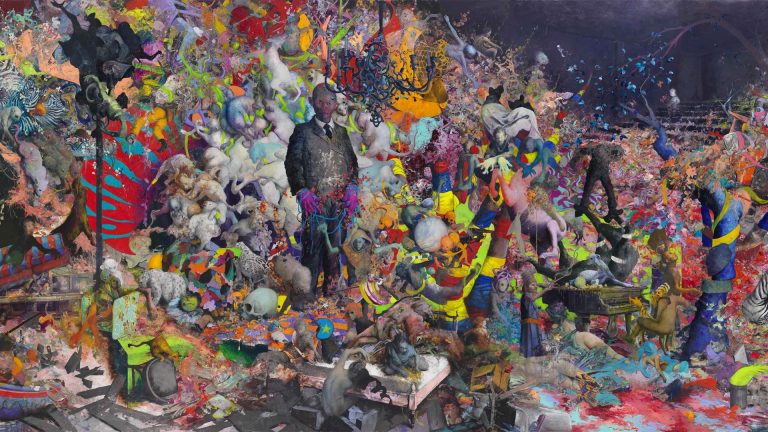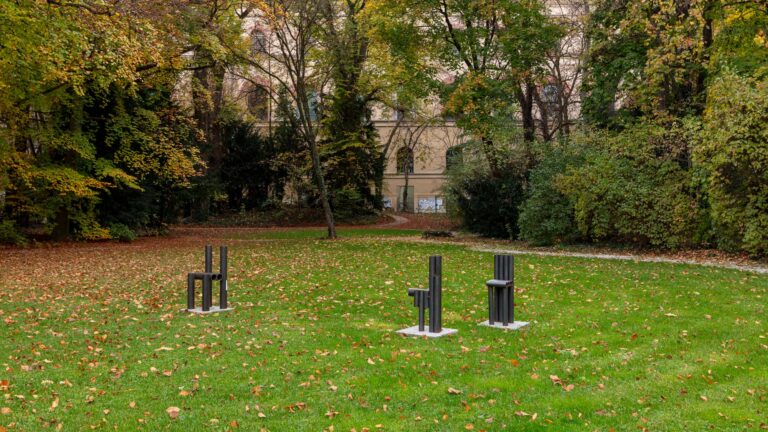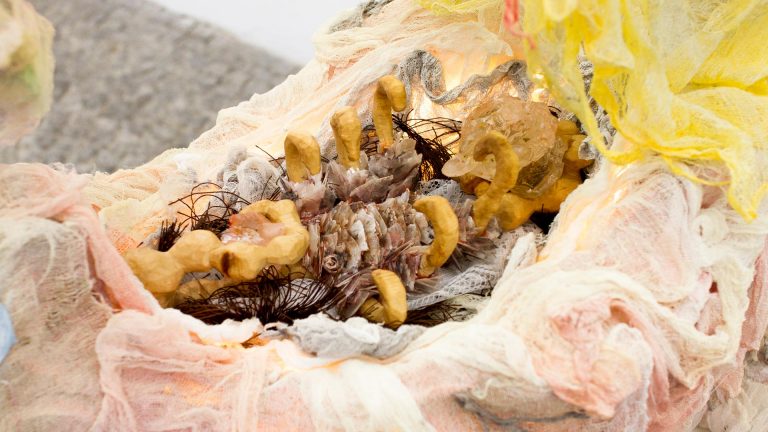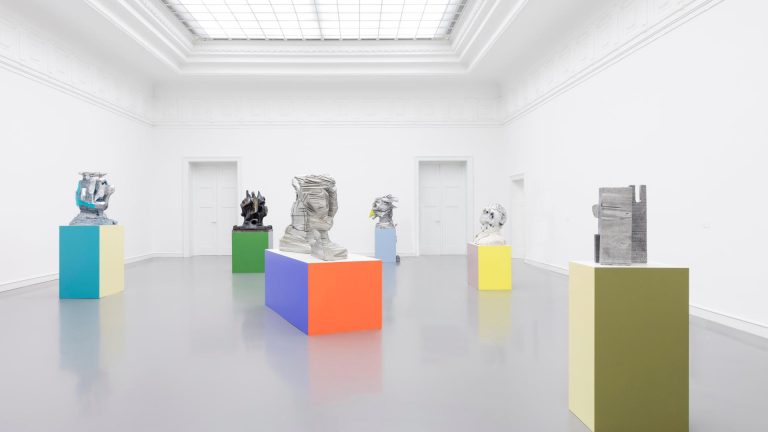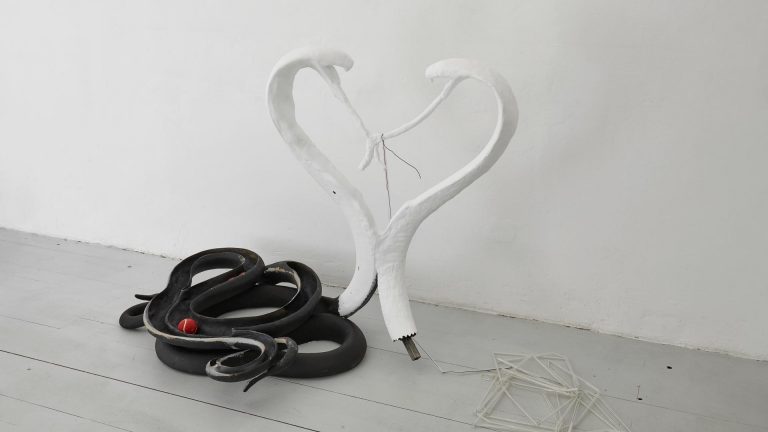Dear Room Maker
I have no intention to occupy. Actually I wonder whether the rooms you make are meant to be occupied at all. I got to know them only through some digital impressions. I’m not greedy, and I find congenial ignorance, however transitory, encouraging. So I’m now sharing with you my words before meeting you and your rooms in person.
I can’t occupy your rooms, for I already sense a fullness in them – a fullness without a host. If I ever wish to be granted a night’s lodging, expecting hospitality or humiliation or anything in between, there would be no landlord to turn to. Nor can I clear anybody out of the room through a violence sweep, like how it’s often been done. I’m allowed to enter, and simply accept the state of your room’s fullness. I’m content with that, for too often in this preposterously eventful world, a room is just a placeholder for either battles or entrapments.
The nature of your rooms become clear to me when I see a perspective grid spread across space that turns three dimensional landscapes – properties, perhaps – into a graphic dichotomy, adding plasticity to what appears to have been set in stone. Or when I notice the galaxy gleaming by the far end of a hall turns itself into a milky, swirly smudge, after I get distracted by a similarly milky, swirly eye-hole of a nearby animal’s skull. Plaster converse in twinkles. I’m more certain when I observe impressions of Masaccio stretched beyond the event horizon, leaving animated figures in their last pose. A frosted scene of manly, manual labour in double spatial depth, or twice enshrined, clouded by a filter of ashy patina, left me not sure whether I should feel gently aroused or just run for my life. And through another equally frosted but teary glass, I see a somewhat cocky “0” framed by modernity’s regulations. An austere spatiality styled in that all too familiar, somewhat suffocating legacy of “gold-standard” is where I sense in you the builder’s dismissal too. It left me with no intention to occupy, instead in a far less self-assured fashion, the glass drizzled: “it’s okay to cry.”
Your rooms’ fullness share a genealogy, but busy themselves by switching between a thousand faces. They always have floors, but not always beneath one’s feet. They have depths, distances, but not at all out of reach. They have walls, and the walls collapse to make shapes of meaning, their debris write sentences. Then they reverse back, building a meaning of shapes. I have no intention to occupy, for your rooms keep me alert, attentive, furiously curious, but I get no rest.
So I will simply enter without the silly idea of possessiveness, just like how you build.
All best
Box Maker
Dear Box Maker
I’ve just left home in London – already there are new things to say. I need to take a more tangential approach – looks like I’ll be writing to you en route.
It’s morning rush hour and my local underground station is the emptiest I’ve ever seen it – there’s literally nobody else here besides the guard at the top of the escalator, who says it’s “ominous”, whilst breaking into the biggest smile I’ve ever seen. But things could go either way. Then, inside the Eurostar terminal, it’s hectic, manic. The thrill of moving, out of choice. Purple berets – lots of them, and one white one, also wearing a large, flat, matt, faux black moustache, long blond hair, a dark blue striped ‘Breton’ top, a string of garlic. Parodic mimicry. Abstraction in oh so familiar, mocking terms, of both self and other.
Here there’s nowhere to sit, nowhere with enough ambient space. She says there’ll be a mass exodus on boarding. Phew. Now on the end of a row, to be on the edge. Nice chairs. A few people seem very familiar although I don’t know them. Casual smart, refined, comfortable, assured in their skin. They seem to come from the old world, a persistent symbol of the, ok, somewhat diminished but oh so prevalent patriarchal economic imperialist order.
Here’s the deep perspective of the tracks, their asymmetrical symmetry. Contained by excesses of smooth, shiny, subtly contrasting plastics, metals, glass, marble, terrazzo, etc: geometry with a light sprinkling of molecular grime. But what I’m really looking for is infinity. Then it came, down the tunnel, feet deeply planted, entry from below. There’s no writing in infinity, but there are rules about how to play.
Another change of seats – more room. A less restricted view, although still intersected by the seat in front. Soft voices from America, telling stories, ridiculing the racism enacted towards them, laughing, bravely. “You don’t need a gardener for a dead woman’s house.” Big sigh. A bird of prey. Waiting for my connection surrounded by heads, a multitude of voices (including the dead), all transforming. The alien, embraced.
The air con makes people sneeze. Breathing through each other for some kind of renewal. In a different seat again. The unfoldable table only just unstuck. Now in the same seat, there’s still further to go. There’s a map on a monitor just above my head showing our position. Your monitors seem to suggest the earth on fire, en masse and in detail. Blazing vision. I think of your ‘rat tear’, as well as the ones that may have got away.
Welcome to Germany!
All best
Room Maker
Judith Dean (b. 1965, Billericay, UK) lives and works in London and graduated from Wimbledon School of Art, London (1988) and Rijksakademie van Beeldende Kunsten, Amsterdam (1993). Recent solo exhibitions: One Thing and the Others, Bodenrader, Chicago (2024); New Builds / Bilds (The Image in Perspective), South Parade, London (2023); Finissage, Peacock Project Space, London, with interventions by Kerry Stewart, Lucy Gunning, Sarah Jones, Ana Genoves (2022).
Li Yong Xiang (b. 1991, Changsha, China) is a Berlin-based artist. In 2020, Li completed Meisterschüler at Städelschule, Frankfurt. He received the Prize of the Rainer Wild Art Foundation in 2023, and was nominated the eighth Huayu Youth Award in 2020. Recent solo exhibitions: Rainer Wild Art Foundation Award, Kunsthalle Mannheim (2023); Mannered in a sleeve, Deborah Schamoni, Munich (2023); Inside Job, LC Queisser, Tbilisi (2022); Late, Futura, Prague (2021).
